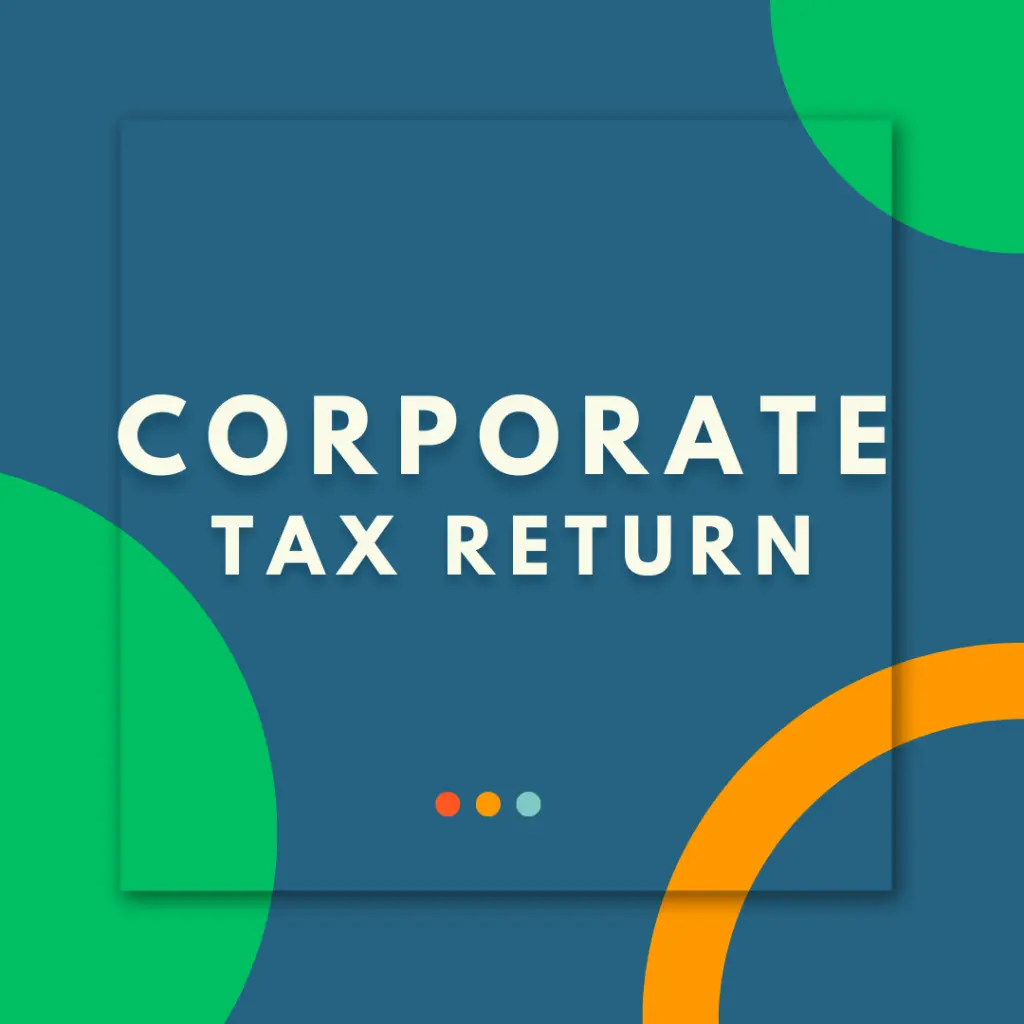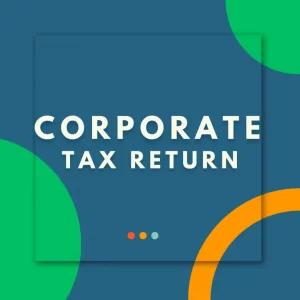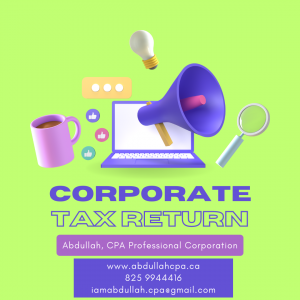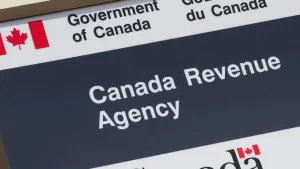Filing corporate tax returns is a crucial responsibility for businesses operating in Canada. Whether you’re a small business owner or managing a larger corporation, understanding your obligations under Canadian tax law can help you avoid penalties and ensure compliance. Here’s everything you need to know about corporate tax return filing in Canada.
Who Needs to File a Corporate Tax Return?
In Canada, all resident corporations are required to file a T2 Corporation Income Tax Return annually, even if they have no taxes payable. This includes:
- For-profit corporations
- Non-profit organizations
- Tax-exempt corporations
- Inactive or dormant corporations
Non-resident corporations must also file a T2 return if they:
- Operated a business in Canada
- Had a taxable capital gain
- Disposed of taxable Canadian property
Exceptions include Crown corporations, Hutterite colonies, and registered charities, which are exempt from filing.
Corporate Tax Deadlines
The deadline for filing your corporate tax return is six months after the end of your corporation’s fiscal year. For example:
- If your fiscal year ends on March 31, the return is due by September 30.
- If the fiscal year ends on October 15, the return is due by April 15 of the following year.
If the filing deadline falls on a weekend or public holiday, you must file by the next business day. Note that while the return is due within six months, any taxes owed must be paid within three months of the fiscal year-end to avoid interest charges.
How to File Your Corporate Tax Return
There are two primary methods for filing corporate taxes:
- Electronic Filing (E-File):
- Corporations with annual gross revenues exceeding $1 million must file electronically unless exempt (e.g., insurance companies or non-resident corporations).
- Starting from tax years beginning after 2023, most corporations are required to e-file regardless of revenue.
- Paper Filing:
- Smaller corporations may use paper forms like the T2 Corporation Income Tax Return or the T2 Short Return.
- Paper filing is not permitted for certain corporations with higher revenues.
Key Documents and Schedules
To complete your T2 return, you’ll need accurate financial records and supporting documents. Commonly required schedules include:
- Schedule 1: Net Income for Tax Purposes
- Schedule 8: Capital Cost Allowance
- Schedule 50: Shareholder Information
- Schedule 100: Balance Sheet Information
- Schedule 125: Income Statement Summary
These schedules ensure that all income, deductions, and credits are properly reported.
Common Pitfalls and Best Practices
Avoid these common mistakes when filing your corporate tax return:
- Missing Deadlines: Late filings incur penalties starting at 5% of unpaid taxes plus 1% per month (up to 12 months).
- Incomplete Records: Ensure all transactions, receipts, and financial statements are organized and accurate.
- Incorrect Filing Method: Corporations required to e-file but fail to do so face penalties of $1,000.
Best practices include:
- Hiring a qualified tax accountant to handle preparation and filing.
- Using CRA-certified software for electronic submissions.
- Keeping detailed and up-to-date bookkeeping records throughout the fiscal year.
Provincial and Territorial Requirements
In addition to federal requirements, corporations operating in certain provinces like Alberta and Québec must file additional returns:
These filings are mandatory for businesses with permanent establishments in these provinces.
Why Work with a Professional?
Corporate tax filing can be complex due to varying requirements, multiple schedules, and strict deadlines. Partnering with an experienced tax accountant ensures:
- Accurate preparation of all required forms
- Timely submission to avoid penalties
- Proper handling of any communication with the Canada Revenue Agency (CRA)
By entrusting this task to Abdullah CPA, you can focus on growing your business while staying compliant with Canadian tax laws. Filing corporate taxes doesn’t have to be daunting. With proper planning, organization, and professional support, your business can meet its obligations smoothly while minimizing risks. Stay proactive and ensure tax compliance to keep your operations running seamlessly!






